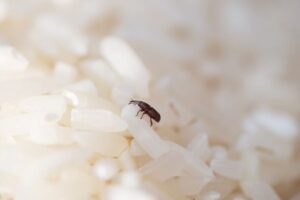Fruits That Help Boost Immunity and May Lower Cancer Risk
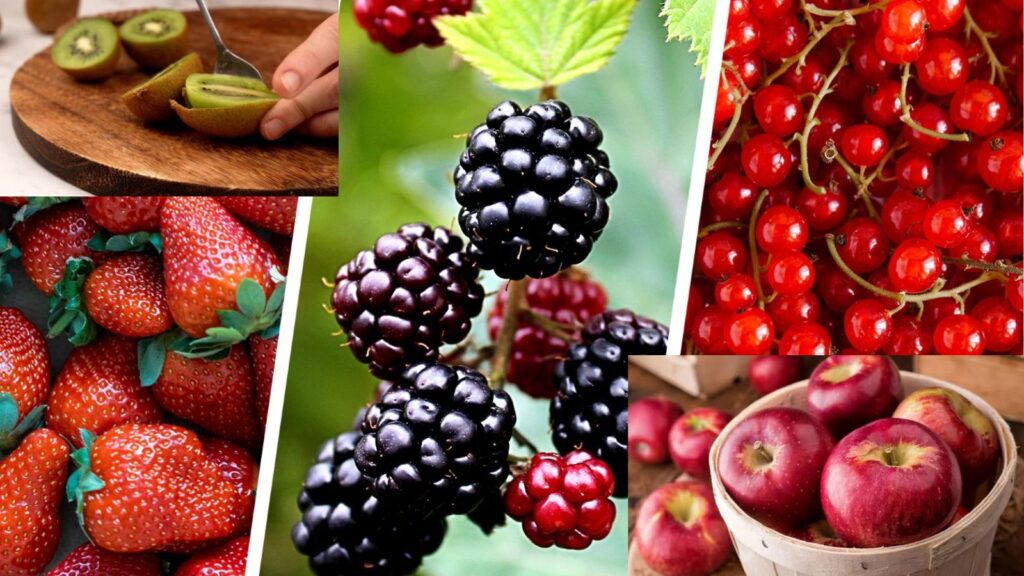
Fruits That Help Boost Immunity and May Lower Cancer Risk
Fruits are often celebrated as one of the best things you can eat for good health — and it’s true. They’re naturally rich in vitamins, antioxidants, and healing plant compounds that support the body in many powerful ways. When it comes to serious health concerns like cancer, fruits can play a meaningful role — not by curing the disease, but by helping the body stay strong, protect itself, and possibly lower the risk of cancer developing in the first place.
Cancer is one of those illnesses that carries a deep fear. It’s complex, often unpredictable, and touches the lives of people across every age and background. While treatment should always be guided by doctors, science does suggest that certain lifestyle choices — especially diet — can make a difference in both prevention and overall well-being.
Some fruits have shown potential to protect healthy cells, strengthen the immune system, and even slow the growth of abnormal cells. They’re not a cure, and they can’t reverse advanced cancer — but they can be part of a daily defense system that helps the body fight back against long-term damage.
Let’s take a look at some of the fruits that may offer protective benefits when it comes to cancer — small, natural steps that can support your health every day.
Berries
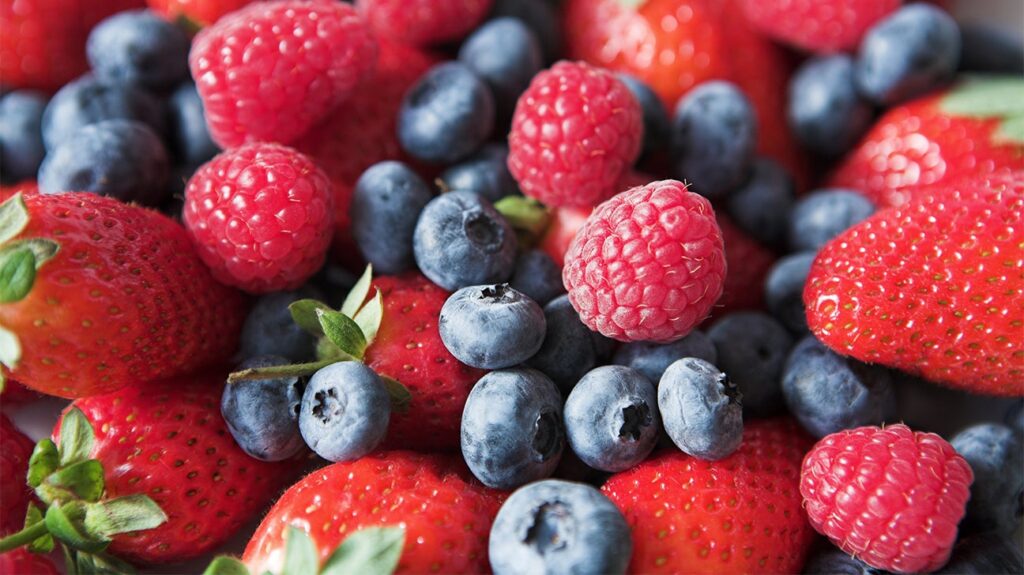
Blueberries, strawberries, and raspberries are rich in powerful compounds like anthocyanins and ellagic acid. These antioxidants help reduce the damage caused by free radicals — unstable molecules that can lead to cell mutations over time. Some research also suggests that berries may help slow the growth of certain cancer cells, especially in hormone-related cancers like breast cancer. Their natural anti-inflammatory and immune-supporting effects make them a great everyday fruit to enjoy.
Apples
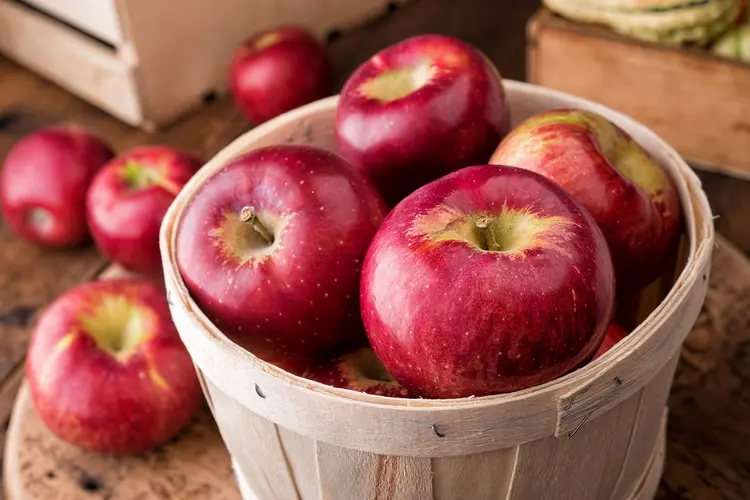
Apples — especially when eaten with the skin — contain a wide range of protective plant compounds like flavonoids and polyphenols. These act as antioxidants and help reduce chronic inflammation in the body, which is known to be a risk factor for many diseases, including cancer. Apples also support digestion and help maintain a balanced gut, which is essential for a strong immune system. They’re simple, accessible, and easy to include in your daily routine.
Pomegranate
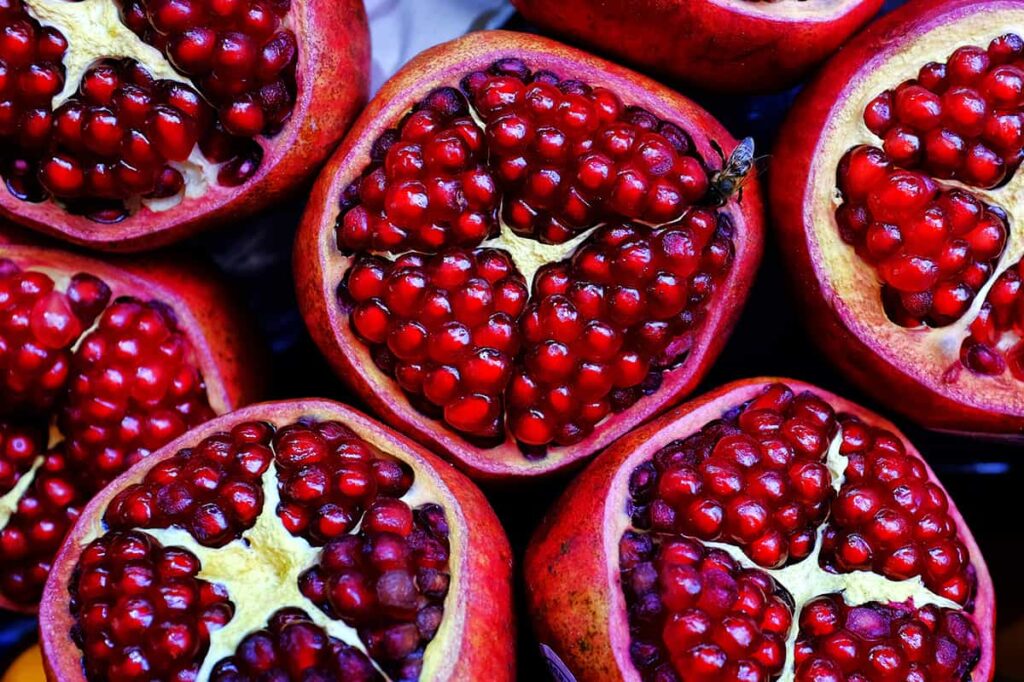
Pomegranate is known for its deep red color and rich antioxidant content. It contains polyphenols and punicalagins, which help reduce oxidative stress and support cellular health. Interestingly, when pomegranate is digested, certain gut bacteria convert its compounds into urolithins — substances that may help slow the growth of prostate cancer cells. Pomegranate also supports heart health and overall circulation, making it a great fruit for total body wellness.
Citrus Fruits
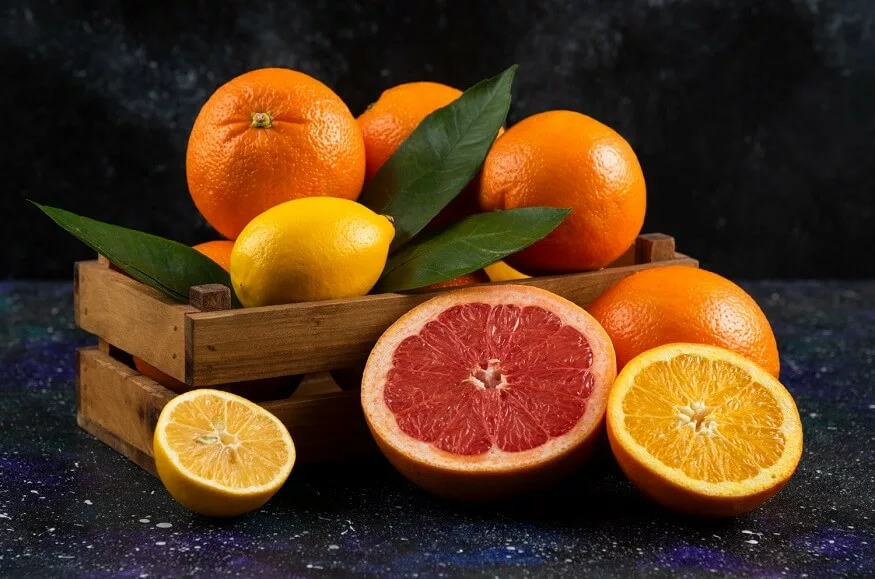
Oranges, lemons, limes, and grapefruits are bursting with vitamin C, which helps boost immunity and fight inflammation. These fruits also contain flavonoids like hesperidin and naringenin, which may help slow the development of cancerous cells and assist the body in detoxifying harmful substances. Including citrus fruits regularly may also help the body respond better to stress and promote cellular repair.
Grapes

Red and purple grapes contain a special antioxidant called resveratrol, mostly found in their skin. Resveratrol has been studied for its potential to block the spread of cancer cells and protect the body from oxidative damage. Grapes also support heart health and reduce inflammation, which further strengthens the body’s defense system. Whether eaten fresh or added to a salad, grapes are an easy and tasty way to add cancer-fighting nutrients to your day.
No fruit is a miracle cure — and nothing can take the place of proper medical care. But when it comes to preventing disease and supporting the body through difficult times, the right foods can absolutely make a difference.
Disclaimer: This article is meant for general informational purposes only and should not be used as a substitute for medical advice, diagnosis, or treatment.







